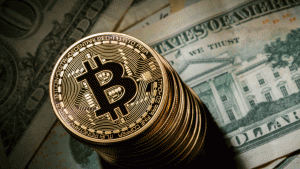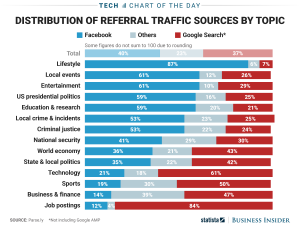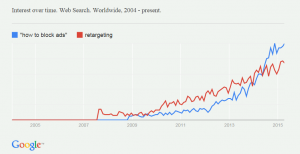Maybe Not Bitcoin…
Most of our conversation today centered around the uncertainty of Bitcoin. We talked about the issues related to having a currency system that relies on consensus and how that can lead to forking which can complicate or nullify transactions. We also discussed the hacking of DAO that resulted in tens of millions of dollars of ether, another cryptocurrency, being stolen. It didn’t seem like there were many positive takeaways from our discussion related to Bitcoin and other cryptocurrencies.
And yet, Bitcoin’s value is soaring close to $10,000 while cryptocurrencies everywhere continue to pop up. How do we explain this?
The biggest problem with Bitcoin is that it may be traded like a currency, but in reality it is as volatile as a commodity. However, this “problem” is also the source of Bitcoin’s popularity and success. Bitcoin miners and buyers alike are gambling on the price of an incredibly volatile asset, betting that the price will continue to rise.
This volatility is the opposite of traditional centralized currencies issued by governments. These currencies are based around being relatively stable. There are fluctuations of the value of currencies, but you would never expect the U.S. dollar to experience a 100% increase in value, let alone the 10,000%+ increases seen in the value of Bitcoin.
I cannot see future governments adopting cryptocurrency because of its decentralized nature. It would make absolutely no sense for a government to cede control over its currency to the citizens. Governments don’t usually like to give away power.
I do, however, see a future with cryptocurrencies which are more currency than commodity. It probably wont be Bitcoin, but there is a need and market for a stable cryptocurrency which can be used for anonymous online transactions. On the timeline of money systems, I view Bitcoin as the gold coin, while a future cryptocurrency will move beyond this to the fiat currency analog (don’t ask me how).
Perhaps this wont happen. Perhaps cryptocurrencies are destined for commodification. But, I am optimistic about the future of cryptocurrency.
As this is my last blog post, I’d like to thank Professor Smith and Professor Waldo for running such an enriching course. Feel free to use the content of my blog for your book (whose future is uncertain).







